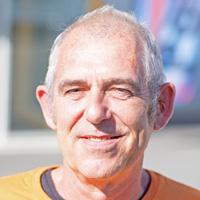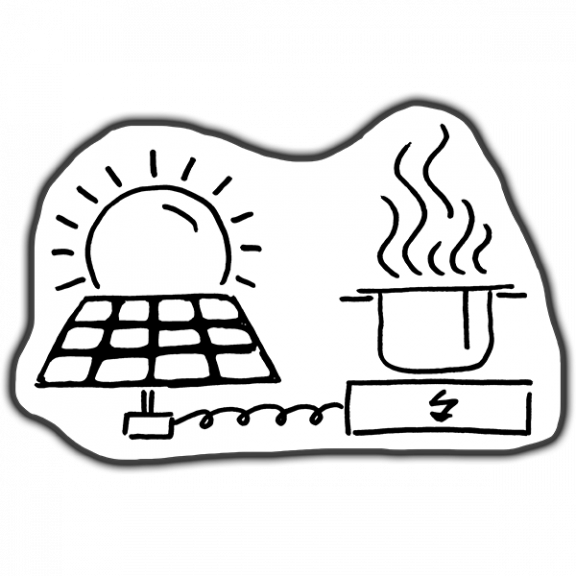
SolarBites
The Challenge
Over three billion people worldwide use traditional biomass for cooking, causing 4 million deaths annually. Besides severe negative health impacts, there are several environmental and climate related issues associated with this style of cooking, including CO2 emissions, soot and deforestation. Those worse effected are refugees and migrants, for which 80-90% rely on biomass for cooking, space-heating and lighting.
This issue mostly affects people who lack access to electricity or depend on extremely unreliable supply (accounting for two billion people). Grid extensions to rural or remote areas is often expensive and providing electricity to households in refugee camps logistically challenging. To address this issue now and untimatelly achieve Sustainable Development Goal 7, innovative solutions need to be developed which can replace the need for biomass.
Goals
The goal of this challenge is to produce a working cookstove protype which is safe, reliable and clean (does not cause adverse health effects). The stove should adequately replace an open fuel fire in terms of cooking effectiveness and be suitable in an offgrid or refugee context.
Solar electric cooking solutions have been tested in rural and humanitarian settings, however uptake has been limited due to intermittency of the sun, storage, convenience, price and low cooking performance. Participants are encouraged to pursue a solution which most innovatively achieves the challenge goal.
Results
Project Team


Carmen Marigiotta

Cecilia Ragazzi

Chiara Picarelli

Christa Roth

Nikos Chrysogelos

Oliver Paul

Paula Ghergu

Saco Heijboer

Simona Kriva

Victoria Tianyi Wang
Resources
SolarBites
